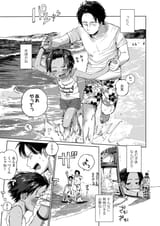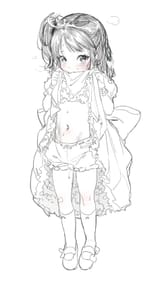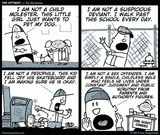>>280377119
>>280376568
>>280373195
>>280375752
Lolicon is not pedophilia. There is not a single psychological source that will tell you this is the case. There is not a single psychologist that would agree with this. Lolis do not resemble a real-world person in any way shape or form. To try and compare them to a real world child is asinine.
Lolicon is also not illegal under federal law. The law clearly defines it as needing an "identifiable actual minor" in the creation of it.
Cornell EDU defines "Identifable minor" as the following:
(9) “identifiable minor”— (A) means a person— (i) (I) who was a minor at the time the visual depiction was created, adapted, or modified; or (II) whose image as a minor was used in creating, adapting, or modifying the visual depiction; and (ii) who is recognizable as an actual person by the person’s face, likeness, or other distinguishing characteristic, such as a unique birthmark or other recognizable feature; and (B) shall not be construed to require proof of the actual identity of the identifiable minor.
Cited from Section 18 §2256. Definitions for chapter.
In Japanese popular culture, lolicon (ロリコン, also romanized as rorikon or lolicom) is a genre of fictional media which focuses on young (or young-looking) girl characters, particularly in a sexually suggestive or erotic manner. The term, a portmanteau of the English words "Lolita" and "complex", also refers to desire and affection for such characters (ロリ, "loli"), and fans of such characters and works. Associated with unrealistic and stylized imagery within manga, animeand video games, lolicon in otaku (manga/anime fan) culture is generally understood as distinct from desires for realistic depictions of girls, or real girls as such, and is associated with the concept of moe or feelings of affection and love for fictional characters as such (often cute characters in manga and anime).











